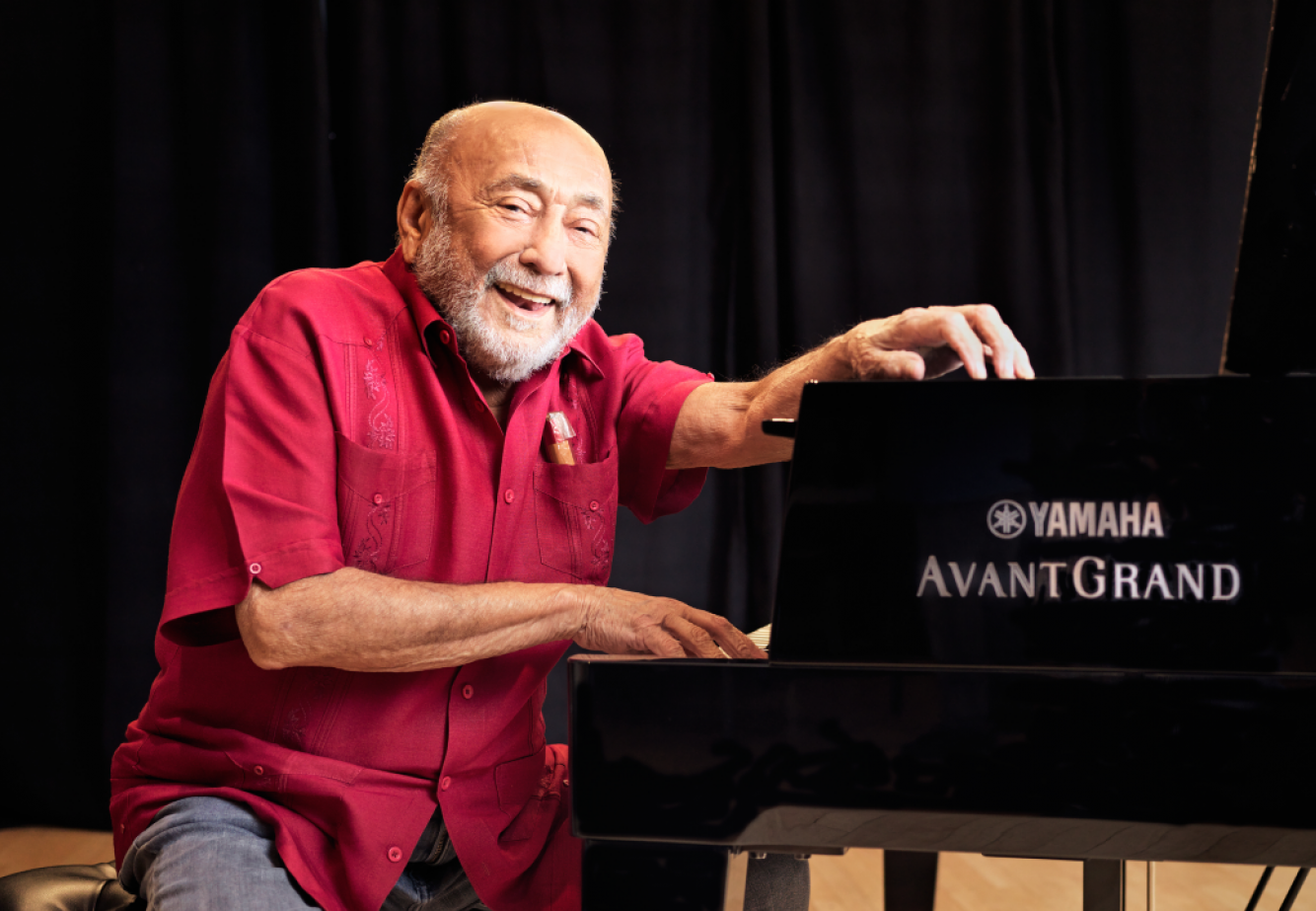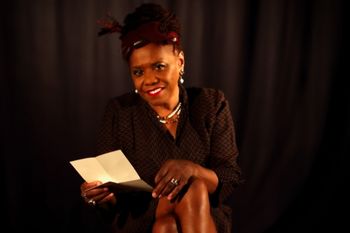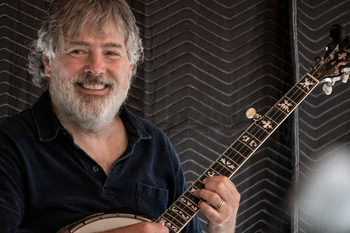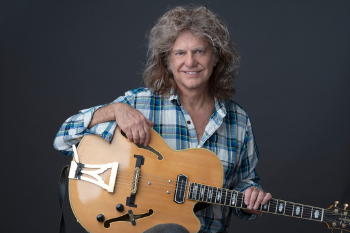
Taylor Rae’s recent from NPR’s Mountain Stage will be broadcast to over 280 NPR stations starting this Friday, May 13th, 2022. See below for local airtimes and stations.
Singer/songwriter Taylor Rae walks through life projecting a calm self-awareness. And, while there is an aura of purposeful intent in every stride she takes, every note she sings and every chord she plays, there is also a sense of natural ease in every action. This is some still water – and it runs deep.
It all began in California with Taylor Rae Vencill’s birth in Santa Cruz. Raised in nearby Ben Lomond, her eclectic musical journey initially took her from the Central Coast to Los Angeles. Taylor played legendary venues Moe’s Alley, Kuumbwa Jazz, the Catalyst and Hotel Cafe, and earned spots at popular area festivals, including DIO Fest (Boulder Creek) and Redwood Mountain Faire (Felton).
In 2017, Taylor won Santa Cruz NEXTies Musician of the Year Award and the next year she struck out for Texas, landing in the musical wonderland of Austin. Since then, Taylor has performed at the legendary Austin nightspot Stubb’s second stage, Nashville’s renowned Bluebird Café, Lexington’s The Lyric Theatre and the Asheville, NC Isis Music Hall. She has shared the stage with a variety of artists including Brandy Clark, The Stone Foxes, Kristian Bush and Reggae musician Mike Love.








